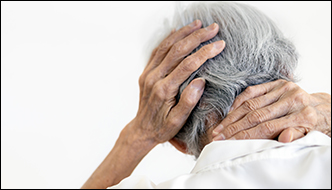
It’s important to take any head injury seriously. Here’s what you might consider doing if you or someone else falls and hits their head:
- Assess the Situation: Stay calm and assess the situation. If the person is unconscious, call emergency services immediately.
- Stay Still: If conscious, try to stay still and avoid any sudden movements. Moving too quickly can exacerbate a head or neck injury.
- Call for Help: Even if the person appears fine initially, it’s a good idea to seek medical attention, especially if they lost consciousness, even briefly, or if they are experiencing any symptoms like confusion, severe headache, dizziness, vomiting, unequal pupil size, or difficulty speaking.
- Apply Pressure: If there is bleeding from a wound, apply gentle pressure with a clean cloth to stop the bleeding. Do not press too hard, as it might worsen the injury.
- Do Not Clean the Wound: Avoid cleaning a head wound. Let medical professionals assess and clean the wound properly to prevent infection.
- Monitor for Symptoms: Keep an eye out for any signs of a concussion or more severe head injury. These can include dizziness, confusion, memory problems, persistent headache, repeated vomiting or nausea, slurred speech, and unusual behavior. If any of these symptoms appear, seek immediate medical attention.
- Keep Awake and Responsive: If the person is conscious, keep them awake and talking if possible. This can help in monitoring their condition and responsiveness.
- Do Not Provide Medication: Avoid giving any over-the-counter pain relievers or medications without medical advice, as they might interfere with the assessment of symptoms.
- Stay Calm and Reassuring: If you’re helping someone who has hit their head, staying calm and reassuring can help keep the injured person calm too.
Remember, this advice is general and not a substitute for professional medical help. Always consult with a healthcare professional for specific advice regarding head injuries. If in doubt, it’s better to err on the side of caution and seek medical attention promptly.
